In Their Words: Memorable Moments from Babson Connect: Worldwide
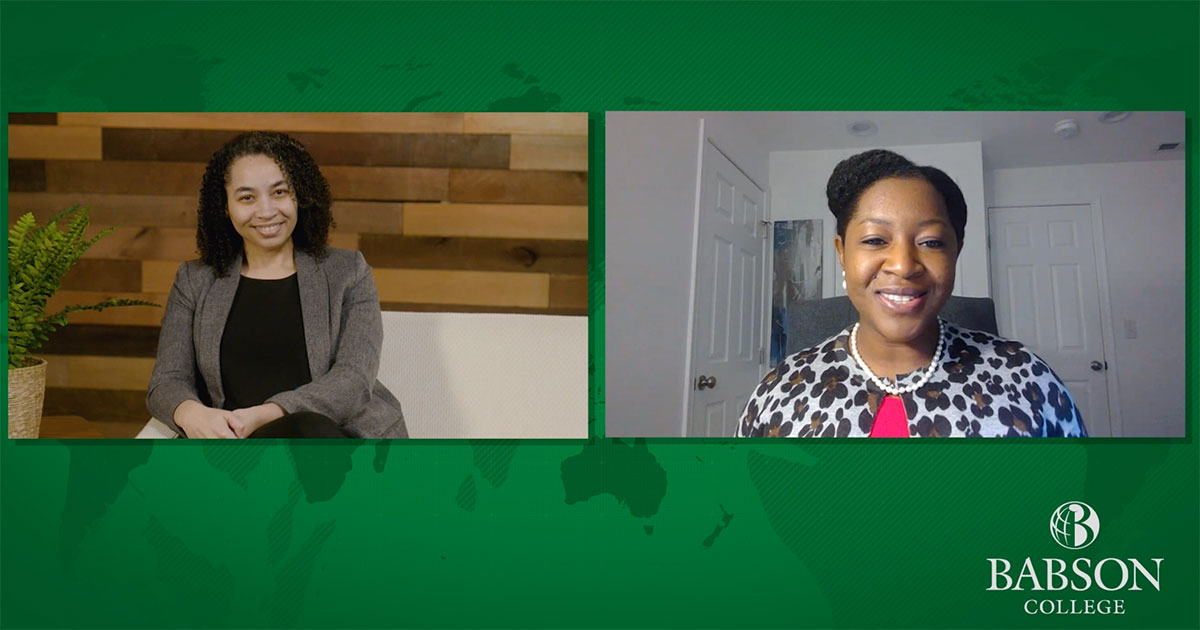
Entrepreneurial leaders from around the world brought their expertise and wisdom to Babson Connect: Worldwide 2021 for a week of education, thought-provoking discussion, and recognition.
Jamie Siminoff ’99, the CEO, founder, and chief inventor of Ring, shared his personal ambition to bring the entrepreneurial mindset to medicine, spurred after his father was diagnosed with glioblastoma. On behalf of his family, entrepreneur and philanthropist Ernesto Bertarelli ’89 accepted the inaugural Babson-Camus Global Family Entrepreneurship Award, established by Babson’s Institute for Family Entrepreneurship in partnership with Cyril Camus ’91. And, Michael Freyer MS’16, Aakash Shah MBA’21, and Aria Mustary ’21 won Babson College’s B.E.T.A. Challenge with their problem-solving ventures that have global and social impact.
This year’s virtual format circled the globe, featuring panelists and topics in five regions. The globetrotting program also presented a more diverse group of speakers and panelists than ever before. The end result? A multitude of unique voices and perspectives, spanning geography and industries.
Discussions covered everything from philanthropy to family entrepreneurship, from reinventing luxury goods to accelerating innovation in health, from investing for impact to investing in the Babson network, as well as diversity, equity, and inclusion in media and entertainment. Plus, President Stephen Spinelli Jr. MBA’92, PhD presented, “Entrepreneurial Leadership Impacting Ecosystems Everywhere: Babson’s Plan to Thrive in a Changing World.”
Here is just a handful of words of wisdom shared by entrepreneurial leaders around the world with the Babson Connect: Worldwide audiences
SoftBank Group CEO Marcelo Claure, on the importance of hiring people smarter than you:
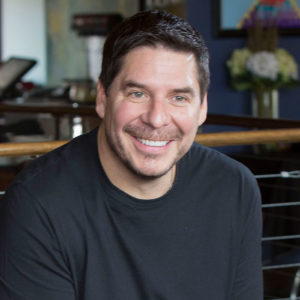 “It’s so scary to hire people that are better than you. You don’t want anybody overtaking your job. As you mature, you figure out you can be exponentially better by hiring people that you admire. If you don’t, you’re just setting up limitations and hindering growth of your company. We like people who like to dream big. … Those are the ones capable of disruption.”
“It’s so scary to hire people that are better than you. You don’t want anybody overtaking your job. As you mature, you figure out you can be exponentially better by hiring people that you admire. If you don’t, you’re just setting up limitations and hindering growth of your company. We like people who like to dream big. … Those are the ones capable of disruption.”
Esther Krofah, executive director of FasterCures, a center of the Milken Institute, on how businesses have come together during the pandemic:
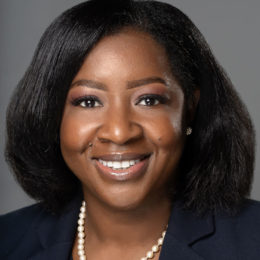
“We have learned the power of collaboration. We have seen the public and private sectors come together in tremendous ways to share information and data in a non-competitive way. These collaborations can be instructive for us as we go forward. We do need the infrastructure. Our focus and work will be around how do we ensure we have the staffing and resources to keep those things going.”
Carla Curiel ’05, co-founder and CEO of Lanugo Media, on the purpose of entrepreneurship:
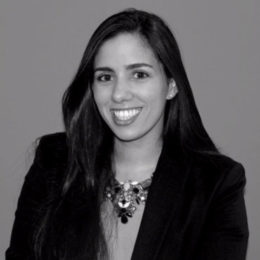
“Entrepreneurship will always revolve around finding a need. There has to be a problem that I’m solving. As we’ve said, diversity is a real issue. There will always be opportunities there.”
Maggie Henriquez PhD, president and CEO of Krug Champagne, on how crises can positively impact business:
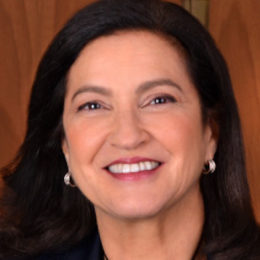
“I believe a crisis is the end of a cycle, and the beginning of a new one. It’s a moment of transformation. Crisis is there to make us stronger. We have to go through them, it’s always good to show you where you are strong, and where you are weak. We have transformed our distribution (and) digital in one year. It’s incredible what we’ve learned and how we have evolved.”
Gaston Gorali, co-founder and CEO of Mundoloco CGI, on how technology has enhanced innovation:
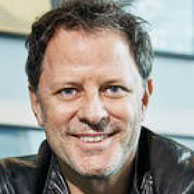
“Good ideas get out there sooner than before. Now, you can go online, buy a computer, create your own animation, put it out there, and suddenly, anybody can see it from anywhere in the world. A decade ago, it would require networks buying your pitch, producing it. … Now, you have that democratization, on top of that, you have the power of consumption. When you marry these two things, it’s a huge opportunity for everything.”
Patricia Riberas ’13, transformation and organization director at Gestamp, on how her Babson College education prepared her for her career:
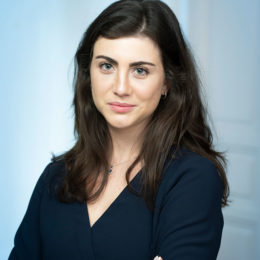
“At Babson, I felt empowered. I felt I could take risks. The environment promoted having an idea and sharing it with everybody in the classroom. That kind of fearlessness, that translates how you face different situations later on in life. For me, going into a family business, I think that’s very powerful.”
Khalid Al Tayer ‘99, chief executive of Al Tayer Insignia, on what it takes to be part of a family business:
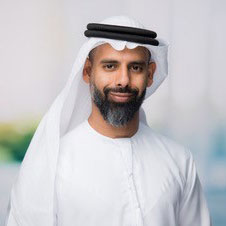
“We all have a role, we all pitch in, everybody has divided responsibility. It’s great to work with family, I find it both challenging and interesting. That’s what I try to say to my cousins who aspire to be part of the family business. ‘It’s not going to be an easy ride, but what we want from you if you join, is to be part of the agenda and story and build on the platform of the second generation.’ ”
Posted in Community




